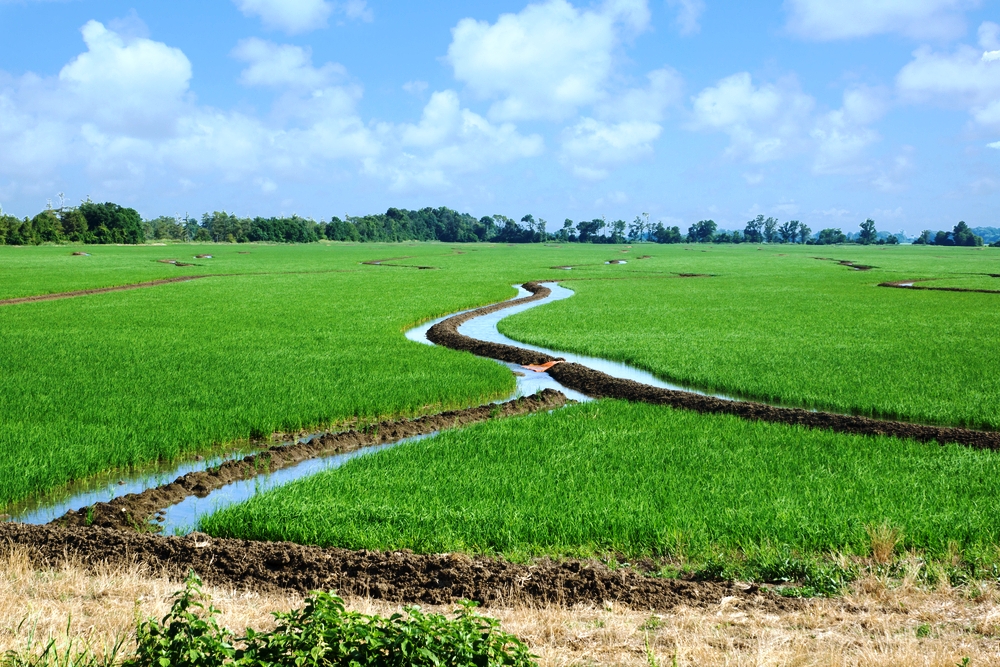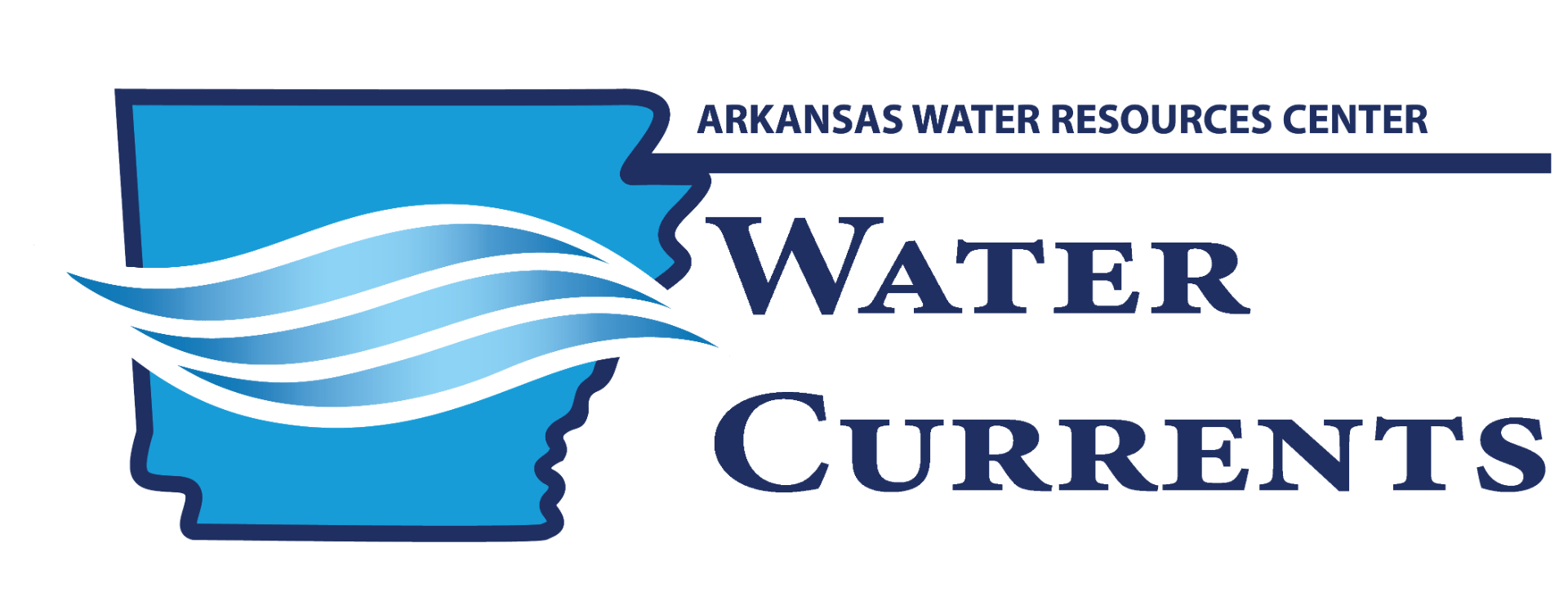
A New CO2 Flux Measurement Network for the Lower Mississippi Basin

By the Alliance of Crop, Soil, and Environmental Science Societies
Networked research sites are increasingly used to study regional land management impacts on carbon and water fluxes. However, key national networks lack contributions from the Lower Mississippi River Basin (LMRB), a highly productive agricultural area with opportunities for soil carbon sequestration through conservation practices. Therefore, the authors created the new Delta-Flux network, which will coordinate efforts to quantify carbon and water budgets at seventeen eddy covariance flux tower sites in the LMRB.
In an article recently published in Agricultural and Environmental Letters, researchers report on how their regional flux network structure – called Delta-Flux – will facilitate climate-smart land management strategies that are based on production-scale and continuous measurements of carbon and water fluxes from the landscape to the atmosphere under different soil and water management conditions. The states covered – Louisiana, Mississippi, and Arkansas – are amongst the most productive in the U.S., with high rates of evapotranspiration and high potential for carbon sequestration through conversion of photosynthetically-derived carbon dioxide into soil organic matter.







